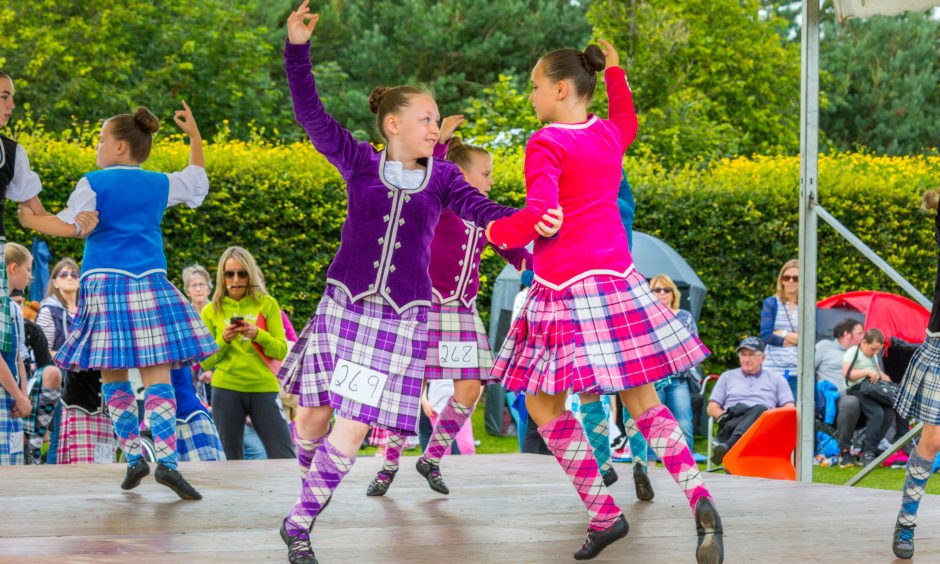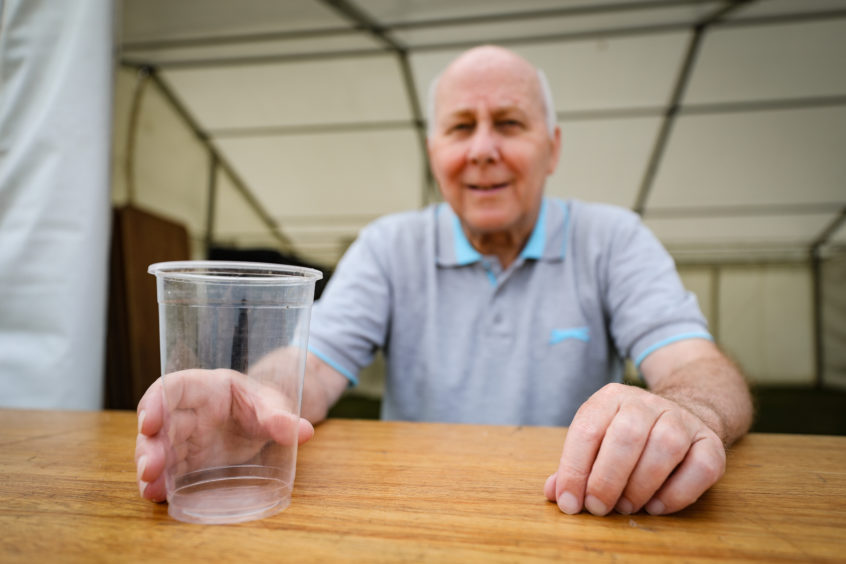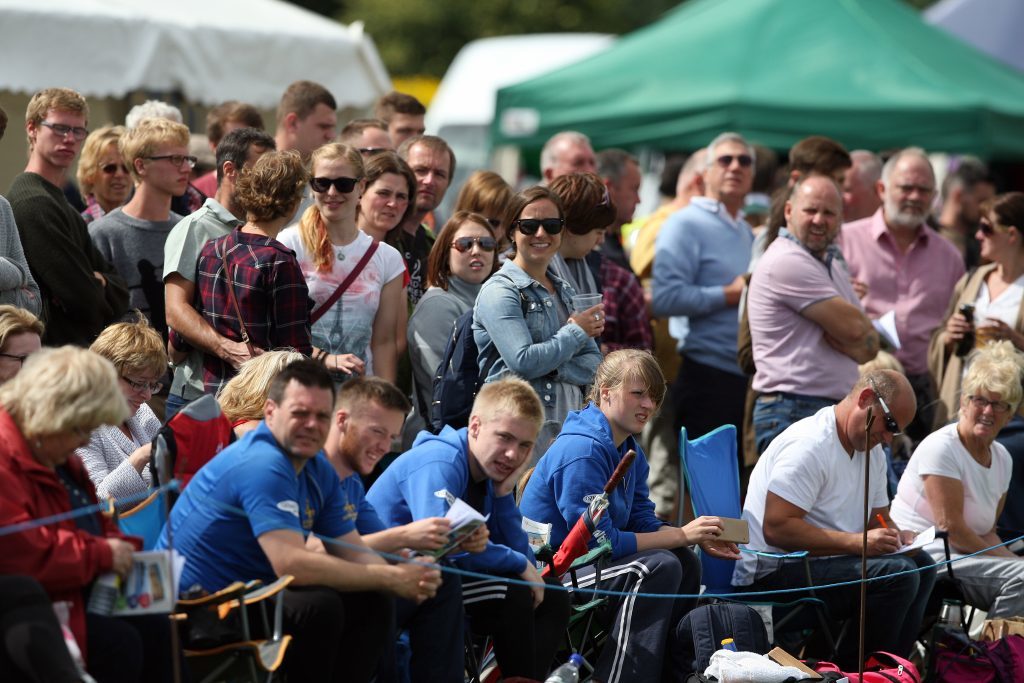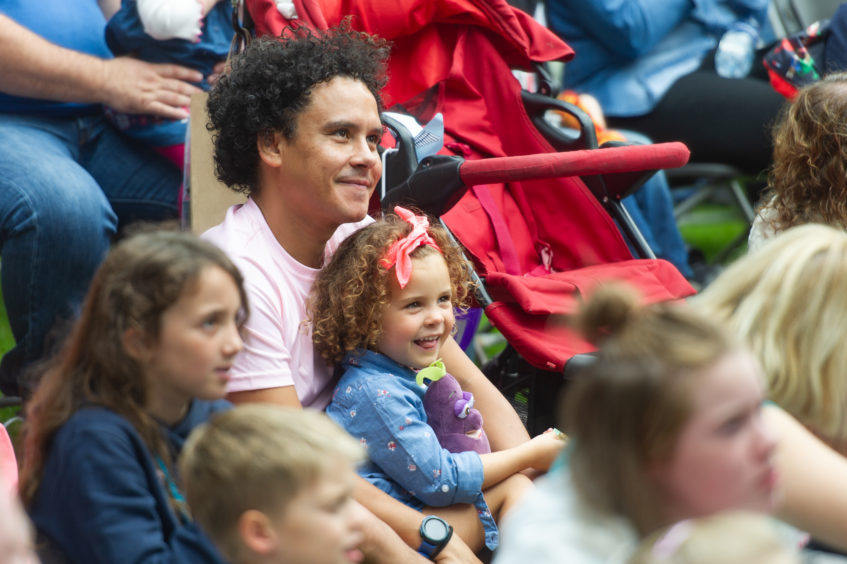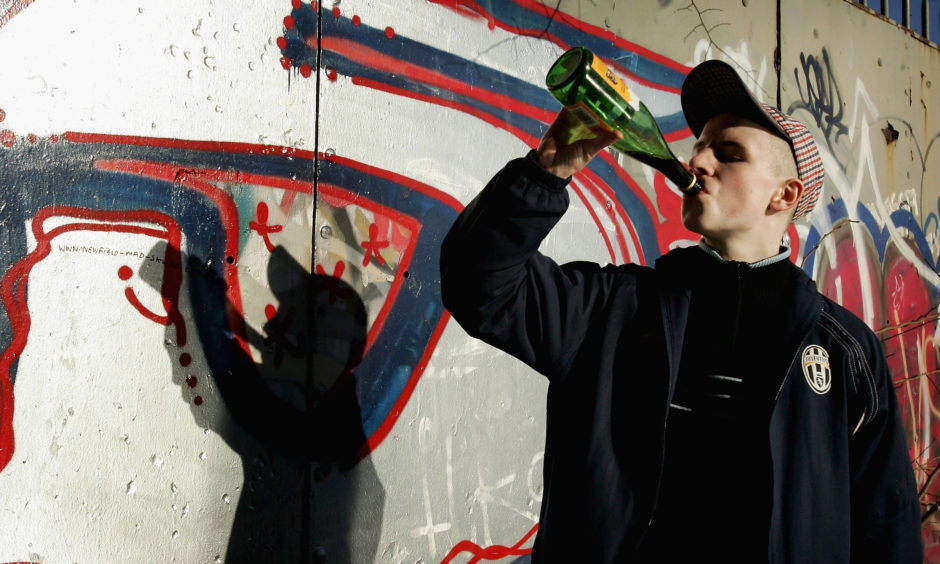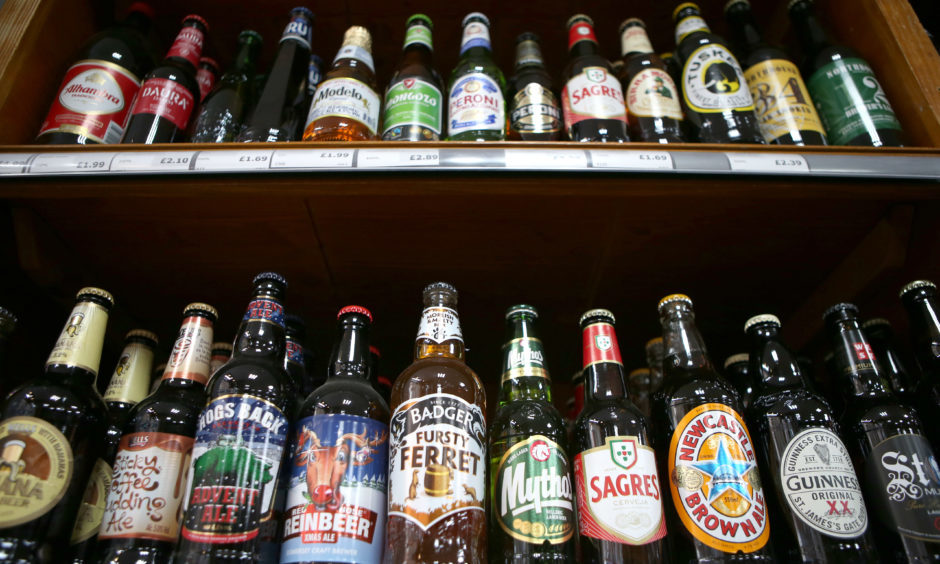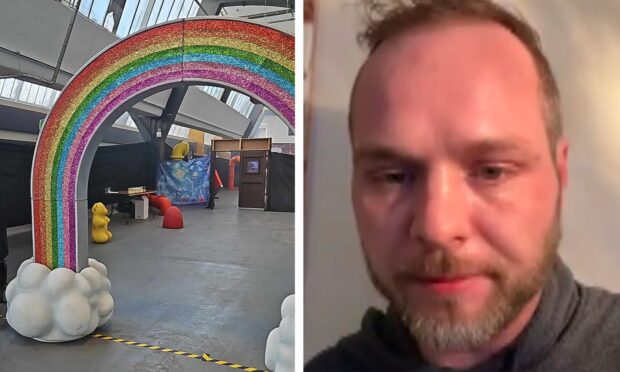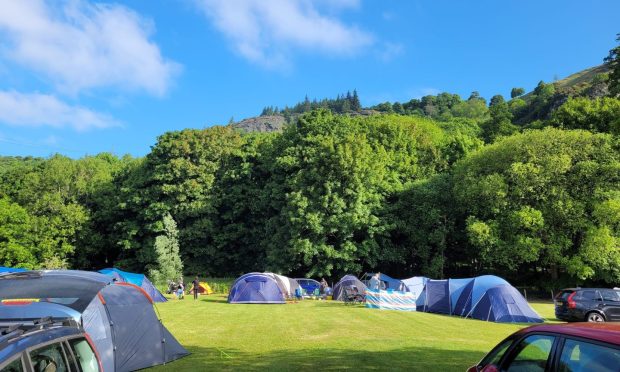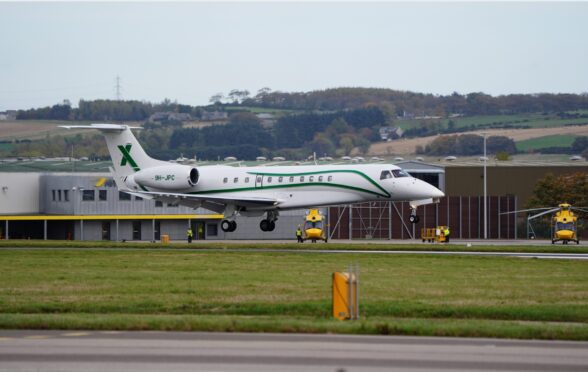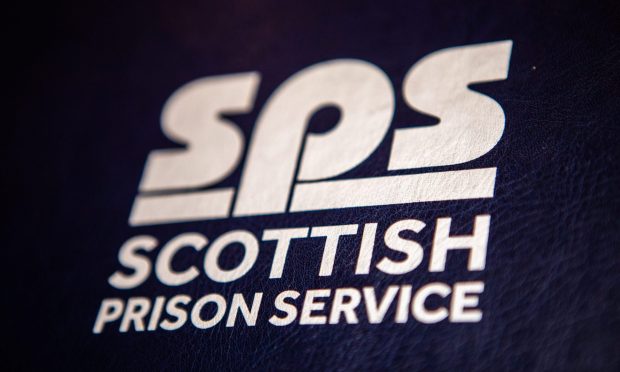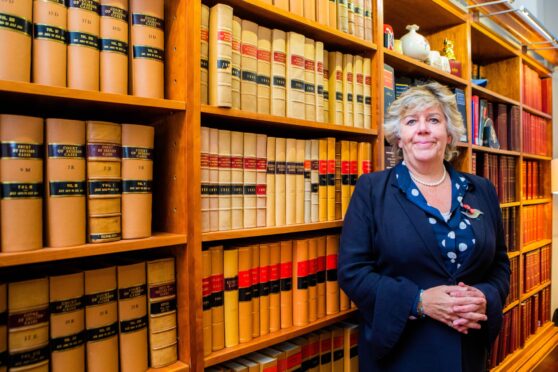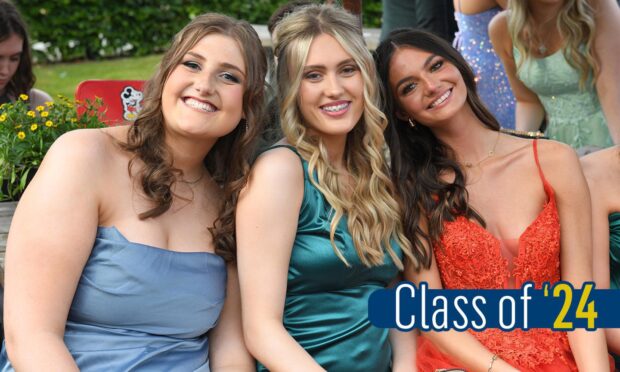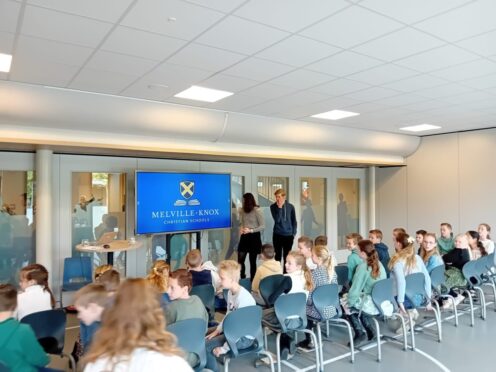Should alcohol be banned from public events to protect children or could it kill off events like Highland Games? Michael Alexander sups from both sides of the debate.
It is the well-documented scourge that was the specific cause of more than 1,120 Scottish deaths in 2017, costs Scotland £3.6 billion a year in “health, social care, crime, productive capacity and wider costs”, costs the health service in Scotland £267 million a year and is linked to £727m of annual crime.
Although alcohol sales in Scotland fell to an all-time low in 2018 – in part down to the Scottish Government’s introduction of minimum unit pricing – and while alcohol-related deaths have fallen, they remain high, and much higher than in England and Wales, NHS Scotland has warned.
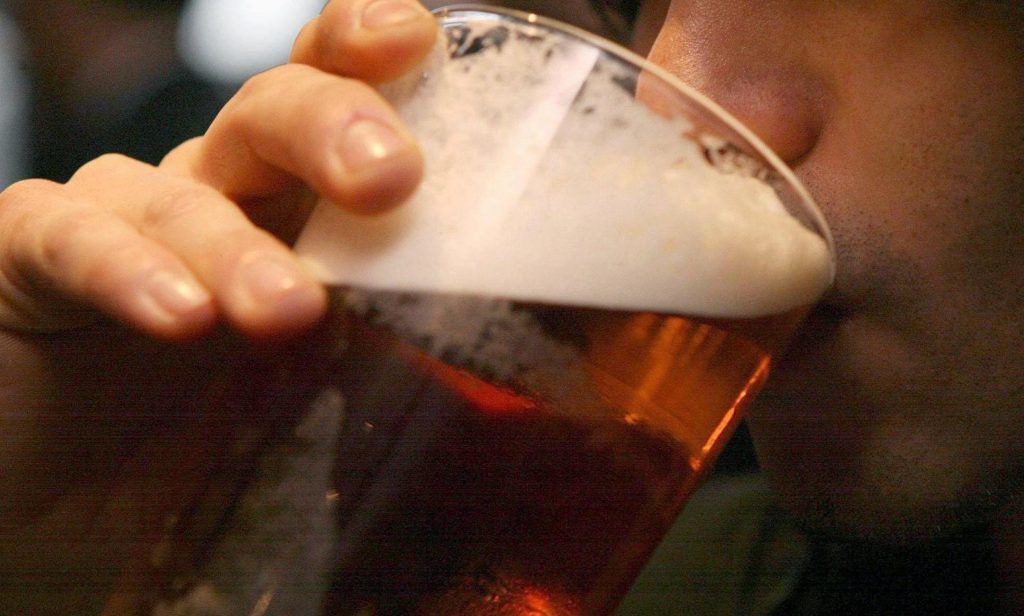
But as efforts to tackle Scotland’s harmful drinking culture continue, should alcohol be banned from public events attended by children, or could such an approach simply be the death-knell for community-events where patrons have always enjoyed a wee tipple down the beer tent?
Debate was sparked when the Scottish Government consulted recently on changes to the Licensing Act including how occasional drink licences are granted for one-off or short events.
Officials at both NHS Lothian and NHS Shetland said that prohibiting the sale of alcohol at school fairs and gala days would be a positive way to protect children from witnessing the effects of harmful drinking and to prevent children copying adult behaviour.
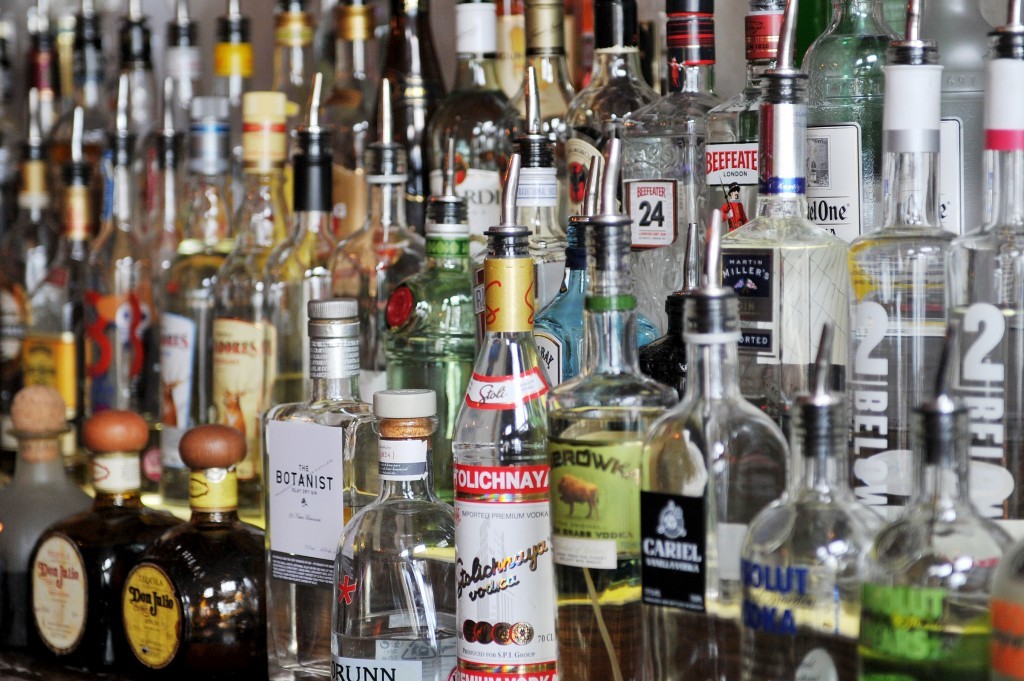
Alcohol Focus Scotland (AFS) believes there should be a presumption against serving alcohol at events that are directly aimed at children or families, such as sports days or school fairs.
Alison Douglas, chief executive of AFS told The Courier: “In recent years we’ve seen the steady creep of alcohol into places and spaces where it would not previously have been.
“This includes some cinemas and coffee shops being licensed to sell alcohol and instances of alcohol being made available to parents at events in schools.
“This sends out an unhelpful message to children and young people that alcohol consumption is an everyday activity.
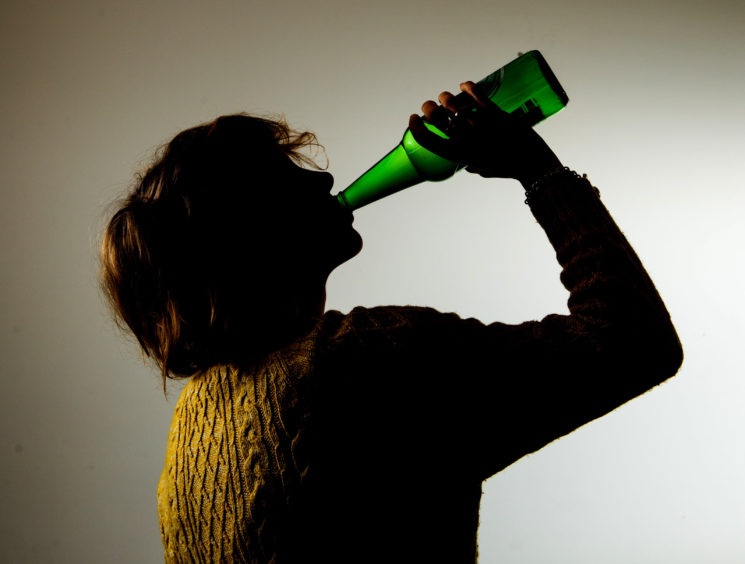
“Children also tell us they can feel confused, unsafe or ignored when adults are drinking around them.”
But critics say there’s a danger that restricting access to alcohol without seeking to change wider attitudes towards it would be counter-productive.
Ian Grieve, is secretary of the Scottish Highland Games Association, representing over 60 games. He is also secretary of St Andrews Highland Games held this year on Sunday July 28.
He said they would be “disappointed” if they were to ever lose the facility – particularly when after 35 years of running it, they had “never had any bother/trouble” and rarely see any children in the tent anyway.
“The world’s gone a wee bit mad,” he told The Courier. “There’s nothing wrong with people having a drink and enjoying their day as long as it’s properly managed.
“It doesn’t affect children. If you go to many towns you will see tables on the pavement families enjoying a drink with a meal. A beer tent is part of the package for many venues and a ban would be a blow to some of them.”
Events like the Fife Show and the Scottish Game Fair at Scone also provide well-populated watering facilities as does the Dundee Flower and Food Festival which last year saw Dundee’s 71 Brewing provide drinks in one of the two popular beer tents.
With this year’s family friendly event taking place from September 6 to 8, a spokesperson for the event organiser Dundee City Council said: “The licensing board looks at such applications on a case-by case basis,” when asked whether alcohol should be served at events attended by children.
A recent NHS Health Scotland report confirmed that alcohol continued to be a leading cause of illness and early death in Scotland, with an average of 22 people dying of alcohol-related illness every week. It comes at a time when the Scottish Government has been accused of cutting crucial funding for drug and alcohol treatment programmes.
Yet the British Medical Association (BMA) in Scotland, which has called for alcohol advertising at events aimed at children to be banned, supports the view that licensing applications should be made on a case-by-case basis.
Lewis Morrison, Chair of BMA Scotland, said: “BMA Scotland consistently campaigned for the introduction of minimum unit pricing for alcohol, as we need urgent action to deal with Scotland’s harmful relationship with alcohol.
“On that basis we have previously supported calls for a ban on advertising and sponsorship by alcohol companies at events aimed at, or largely attended by, children.
“We know that children can be particularly susceptible to the power of advertising, and therefore it should be restricted at events where it is likely to influence them. The banning of advertising or sponsorship is also likely to have a positive influence on the behaviour of adults attending such events.
“However, a ban on sales at short family-type events would need careful consideration. “Every decision to grant a temporary license should be considered based upon the individual nature of the event in question and the extent to which an event is intended for children should be one factor in such decisions.
“We would like to believe that those attending such events, can make sensible choices about consumption. In addition, we would hope that adults could and should make responsible choices about alcohol consumption in front of children.”
A Scottish Government spokesperson said: “There is no Scottish Government proposal to ban occasional licences being granted for beer tents used at social gatherings where children are likely to attend. We recently published the responses to a consultation on statutory guidance for the Licensing (Scotland) Act 2005 and will carefully consider all views submitted.”
